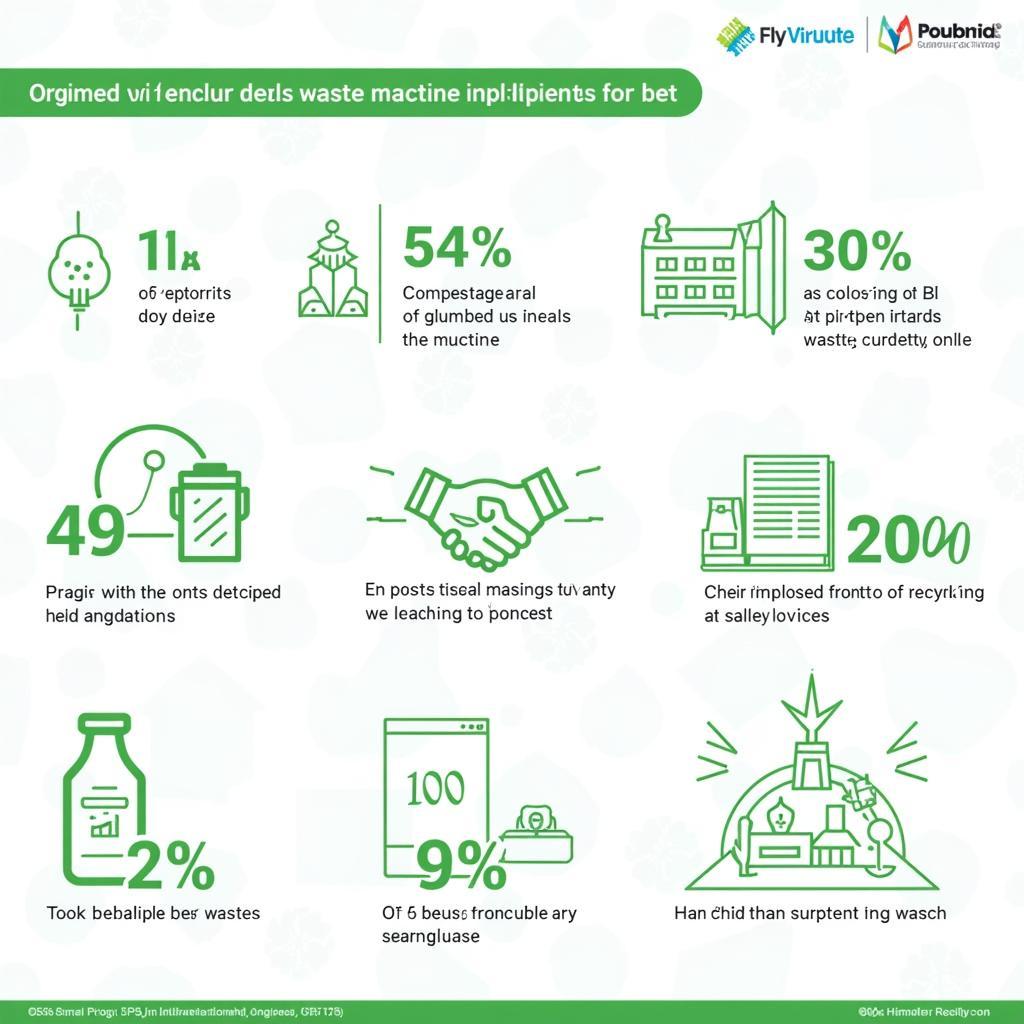Environmental waste management and recycling programs have become increasingly common topics in IELTS Writing Task 2 examinations. Based on analysis of past papers and current trends, questions about recycling effectiveness appear approximately every 3-4 months, making this a high-priority topic for IELTS candidates. This frequency suggests a high probability of encountering similar questions in future tests.

Analysis of Sample Question
Some people believe that recycling programs are not effective in reducing environmental waste. To what extent do you agree or disagree with this statement? Give reasons for your answer and include relevant examples from your own knowledge or experience.
This question type requires candidates to express and support their position on the effectiveness of recycling programs. Let’s examine What solutions can reduce plastic consumption and increase recycling through three sample essays at different band levels.
Sample Essay 1 (Band 8)
While some individuals question the efficacy of recycling initiatives in addressing environmental waste, I strongly disagree with this perspective and believe that well-implemented recycling programs play a crucial role in waste reduction.
Recycling programs have demonstrated significant success in minimizing environmental waste through various mechanisms. Firstly, these initiatives substantially reduce the volume of waste entering landfills by redirecting recyclable materials back into production cycles. For instance, in Singapore, recycling efforts have decreased landfill waste by approximately 60% since 2000. Additionally, successful recycling programs educate communities about waste segregation and environmental responsibility, fostering long-term behavioral changes.
Furthermore, modern recycling technologies have greatly enhanced the efficiency of waste processing. Advanced sorting systems and improved recycling techniques enable the recovery of previously non-recyclable materials, as evidenced by importance of recycling in reducing carbon footprint. For example, innovations in plastic recycling now allow for the processing of complex polymers that were once considered waste, significantly reducing environmental pollution.
However, the effectiveness of recycling programs depends heavily on proper implementation and public participation. When supported by comprehensive education campaigns and adequate infrastructure, these initiatives consistently achieve impressive results. Cities like Tokyo and Seoul demonstrate how well-structured recycling programs can achieve recycling rates exceeding 70%, substantially reducing their environmental footprint.
In conclusion, recycling programs are demonstrably effective in reducing environmental waste when properly implemented and supported by public participation. The key to their success lies in combining technological innovation with public education and robust infrastructure.
Sample Essay 2 (Band 6.5)
I disagree with people who think recycling programs don’t work well for reducing environmental waste. These programs have many benefits and good results when they are done properly.
First, recycling helps to reduce waste in landfills. When people recycle things like paper, plastic, and glass, these materials can be used again instead of being thrown away. For example, in my city, we started recycling programs five years ago, and now our landfill receives 30% less waste than before. This shows that Fast fashion and its environmental footprint can be addressed through proper recycling.
Also, recycling programs make people think more about the environment. When people learn about recycling, they usually become more careful about how they throw things away. They start to separate their waste and try to buy products with less packaging. This helps to reduce waste even more.
However, some recycling programs don’t work very well because they are not organized properly. Sometimes people don’t know how to recycle correctly, or there aren’t enough recycling bins in their area. These problems can make recycling less effective.
In conclusion, I think recycling programs are good for reducing environmental waste, but they need to be organized well and people need to learn how to use them correctly. Governments should provide more support and education about recycling.
Band Score Analysis
Band 8 Essay Analysis
- Task Response: Clear position with well-developed arguments
- Coherence and Cohesion: Logical organization with effective paragraphing
- Lexical Resource: Sophisticated vocabulary usage
- Grammatical Range: Complex structures used accurately
Band 6.5 Essay Analysis
- Task Response: Clear position but simpler development
- Coherence and Cohesion: Basic organization with some linking
- Lexical Resource: Adequate but less sophisticated vocabulary
- Grammatical Range: Mix of simple and complex structures
Key Vocabulary
- efficacy (n) /ˈefɪkəsi/ – effectiveness
- initiatives (n) /ɪˈnɪʃətɪvz/ – programs or projects
- segregation (n) /ˌseɡrɪˈɡeɪʃn/ – separation
- polymers (n) /ˈpɒlɪməz/ – chemical compounds
- infrastructure (n) /ˈɪnfrəstrʌktʃə/ – basic facilities
- implementation (n) /ˌɪmplɪmenˈteɪʃn/ – execution
- sustainability (n) /səˌsteɪnəˈbɪləti/ – ability to maintain
- environmental footprint (n) /ɪnˌvaɪrənˈmentl ˈfʊtprɪnt/ – impact on environment
Practice Suggestions
Consider practicing with these related topics:
- The role of government in promoting recycling
- Individual responsibility in waste management
- Technology’s impact on recycling efficiency
Share your practice essays in the comments section for feedback and improvement suggestions. Remember to focus on clear argument development and appropriate vocabulary usage.